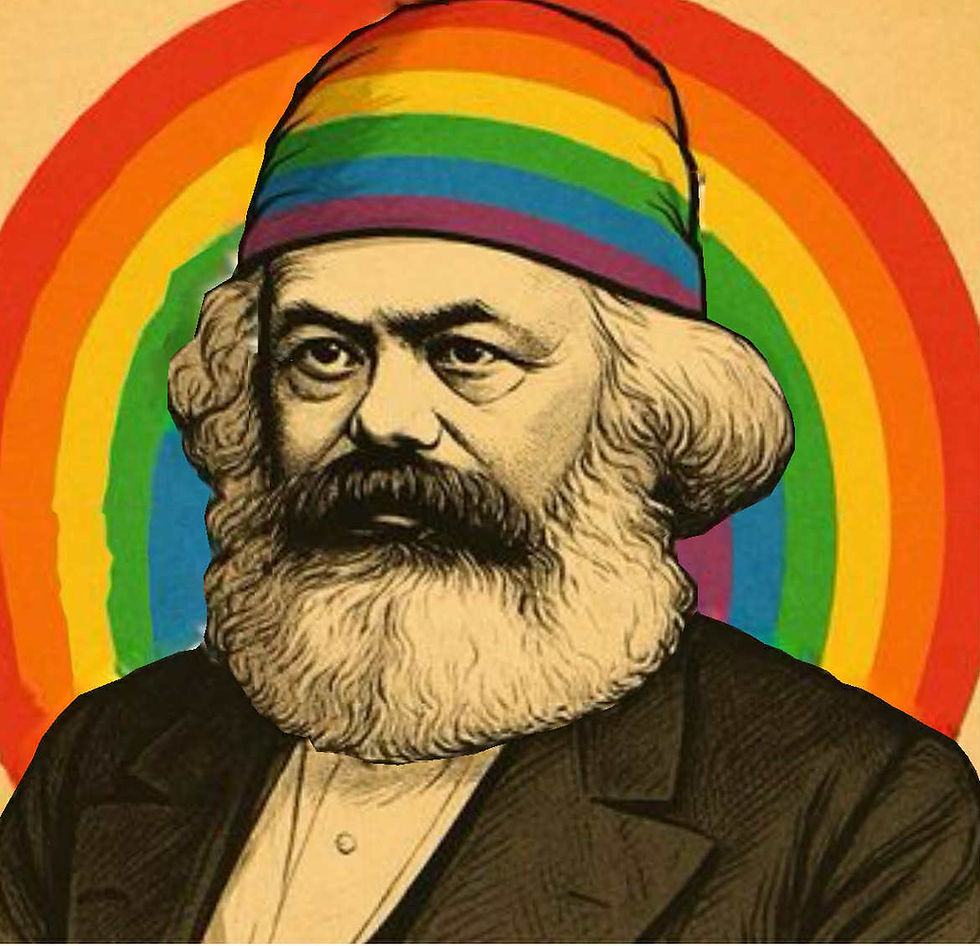Molinism
- Mike Burnette
- Aug 5, 2021
- 3 min read
Luis de Molina, a Catholic theologian of the Jesuit order maintained that God's hypothetical knowledge of creaturely free decisions is logically prior to his creative decree. By placing God's hypothetical knowledge of creaturely free decision prior to the divine decree, made room for creaturely freedom by exempting couterfactual truths about creaturely choices from God's decree. In the same way that necessary truths like 2+2 = 4 are prior to and therfore independent of God's decree, so counterfactuals are prior to and independent of God's decree.
Not only does this view make room for human freedom, but it affords God a means of choosing which world of free creatures to create. For by knowing how persons would freely choose in whatever circumstances they might be, God can, by decreeing to place just those persons in just those circumstanes, bring about his ultimate purposes tthrough free creaturely decisions.
Thus by employing his hypothetical knowledge, God can plan a world down to the last detail ad yet do so without anihilating creaturely freedom, since God has already factored into the equation what peole would do freely under various circumstances. Since God's hypothetical knowledge lies logically in between his natural knowledge and his free knowledge, Molinists called it God's middle knowledge.
In the Molinist view there are two logical moments prior to the divine decree: first, the moment at which God has natural knowledge of the range of possible worlds and , second, the moment at which the has knowledge of the proper subset of possible worlds that, given the counterfactual propositions true at that moment, are feasible for him to create. The counterfactuals whicch are true at that moment thus serve to delimit the range of possible worlds to worlds feasible for God.
It's not difficult to show that God possesses hypotheticl knowledge. For example, Jesus affirms before Pilate the counterfactual conditional "If my kingship were of this world, my servants would fight, that I might not be handed over to the Jews." (John 18:36 RSV). Scripture passages show that God possesses knowledge of counterfactual propositions, and until modern timesall theologians agreed taht God possesses such hypothetical knowledge. The question is, when in the logical order of things does that knowledge come? Is it before or after the divine decree?
Middle knowledge can help us understand the basis of divine forknowledge of future contingents. Divine foreknowledge is based on (1) God's middle knowledge of what every creature would freely do under any circumstances and (2) his knowledge of teh divine decree to create certain sets of circumstances and to place certain creatures in them. Given middle knowledge of counterfactuals of creaturely freedom and the divine decree, foreknowledge follows automatically as a result, without any need of God's peering into the future, as detractors of diine foreknowledge imagine.
Divine middle knowledge offers what has been called a conceptionalist model of divine cognition as opposed to a perceptualist model. The perceptualist model construes divine knowledge on the analogy of sense perception. God "looks" and "see" what is there. Such a model is implicitly assumed when people speak of God's "foreseeing" the future or having "foresight" of future events. The perceptionalist model dof divine cogniton runs into real problems when it comes to God's knowledge of the future, for, given that future events do not exist, there is nothing there to perceive. By contrast, on a conceptualist model of divine knowledge, God does not acquire his knowledge of the world by anything like perception. His knowledge of the future is not based on his "looking" ahead and "seeing" what lies in the future. Rather, God's knowledge is self-contained; it is more like a mind's knowledge of innate ideas. It is based wholly in God's middle knowledge and knowledge of his own decree.




Comments